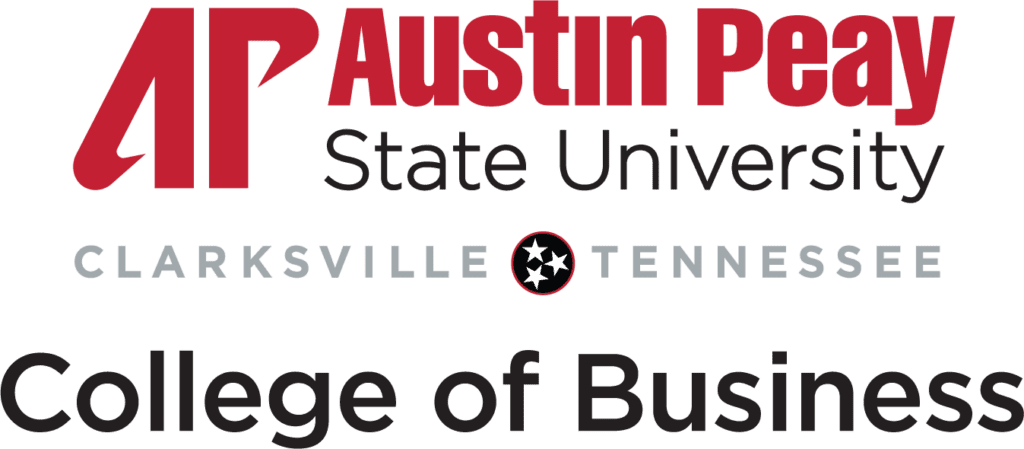Austin Peay State University’s College of Business prepares students to lead with generative AI—today, not someday.

Generative AI in the Classroom: A New Core Competency
We aren’t treating generative AI as a trend, we’re embedding it into the core of how we teach business. Our students learn to craft effective prompts, evaluate practical use cases, and apply generative AI to solve marketing, management, and operations challenges. These lessons are not theoretical. They are hands-on, real-time experiences that reflect our philosophy of “learn today, apply tomorrow.”
Faculty-Led Innovation
This transformation begins with our faculty. Across disciplines, from accounting to analytics, we are redesigning assignments, modernizing case studies, and building new ways to bring generative AI into the classroom. We are also learning alongside our students by hosting faculty workshops, experimenting with prompt design, and leading applied research on how small businesses can adopt generative AI responsibly.
Beginning in Fall 2025, we are expanding this commitment with a new Master of Business Administration concentration in Artificial Intelligence in Business. This concentration is built to equip future business leaders to leverage AI tools effectively, strategically, and ethically. Students will explore how to craft impactful AI prompts, deploy AI solutions within organizations, apply generative tools to solve creative challenges, and navigate the complex ethical and governance issues surrounding AI use in business. This concentration is grounded in practical applications and designed for those who want to lead with AI, not just adapt to it.
We’re already seeing results beyond the classroom. Undergraduate and graduate students recently presented their original research at a regional business conference, tackling subjects like generative AI in business education, responsible deployment, and the evolving ethical landscape of AI in the workplace. Their ability to speak confidently and credibly in front of professionals and industry leaders shows how deeply this learning is taking root.
This kind of engagement reflects more than curriculum development. It signals a cultural shift within the College of Business. We are fostering an environment where innovation is part of the academic experience and students are challenged to think critically about how technology shapes business strategy.
Why It Matters for Nashville’s Business Community
Nashville’s economy is rapidly evolving, and the demand for tech-savvy professionals is rising. The region’s technology sector is projected to grow by 18 percent through 2027, significantly outpacing the national average of 11 percent. Significant investments from Amazon and Oracle further position the city as a technology and innovation hub.
At the same time, small business adoption of generative AI is accelerating. According to the U.S. Chamber of Commerce Technology Engagement Center, 40 percent of small businesses now use generative AI, up from just 23 percent a year ago. This growth reflects a clear need for graduates who understand the tools and know how to apply them.
Our students are ready. Whether improving operations, developing customer-facing applications or driving innovation, they bring immediate value to employers across Middle Tennessee and beyond.
Looking Ahead: A Commitment to Continuous Innovation
This is not a one-time initiative. It is part of a long-term commitment to innovation and excellence. As generative AI advances, we will evolve, refining our courses, building new industry partnerships, and expanding opportunities for students to lead meaningful change.
Ready to shape the future of business with AI? Visit www.apsu.edu/business or email us at CoB@apsu.edu to learn how you can be part of this exciting transformation, access this emerging talent pool and stay ahead in the AI revolution. From internships to collaborative research projects, we’re eager to build bridges between academia and industry.
This blog post was written by Dr. John Volker, a professor of management at Austin Peay State University. His research interests include entrepreneurship, design thinking, creativity and artificial intelligence. His commitment to developing students’ entrepreneurial skills while integrating practical business concepts makes him a valuable asset in preparing students for the AI-driven future of business.


